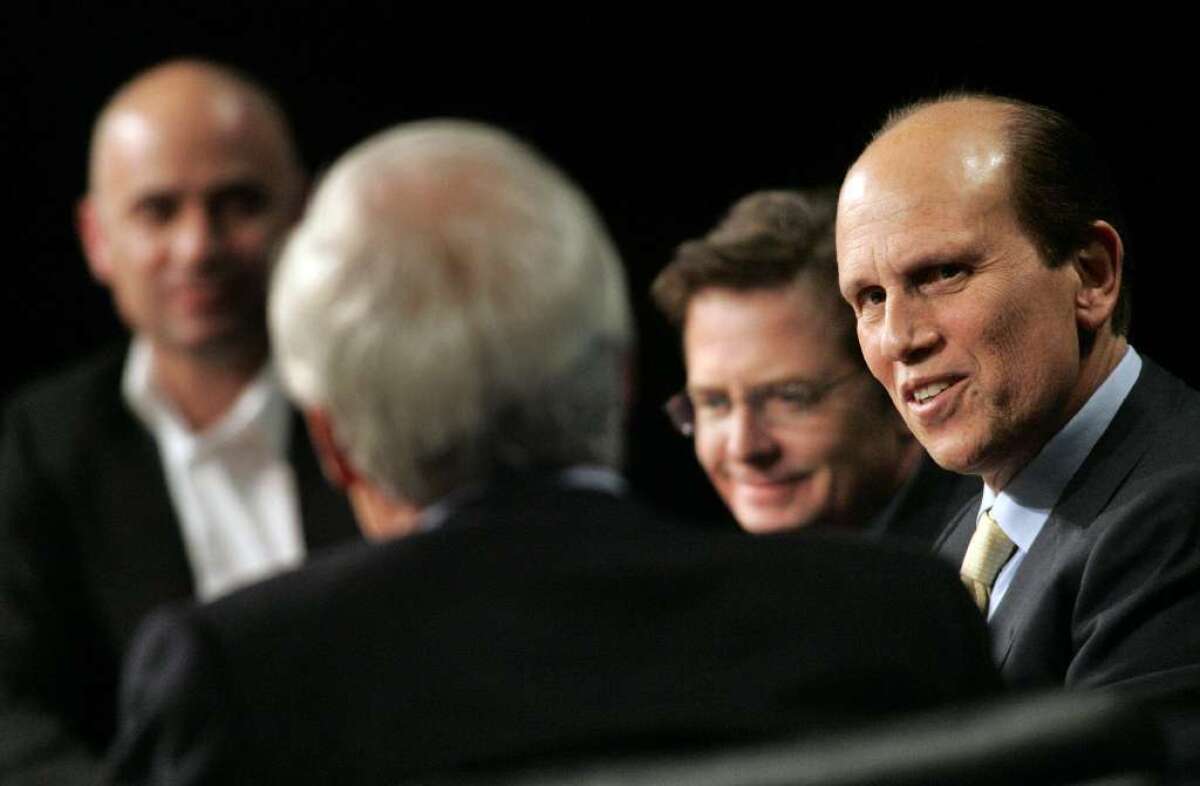Who’s more charitable -- conservatives or liberals?

- Share via
My Sunday column comparing private philanthropy and government social programs has revived the old debate over who is more charitably inclined, conservatives or liberals?
Skipping to the last page of the story first, the answer is neither: As two MIT political scientists determined in a 2013 paper, the inclination to give appears to have virtually no relationship to one’s partisan or ideological views. There are distinctions, however, in the kind of giving between the two poles.
First, some context. The received wisdom, at least in the media, is that conservatives are more giving. The prevalence of this view may result from its irresistibly counterintuitive flavor -- you know, how curious that conservatives are against spending on social programs and liberals say they care about the poor, but conservatives are generous in their private lives and liberals are skinflints. Conservative pundits like George F. Will ran with this ball because, as he put it, the mismatch “subverts a stereotype.” (One that makes his conservative readers look bad, it might be added.)
The source of the notion that conservatives are more generous is the 2006 book “Who Really Cares,” by Arthur C. Brooks, who later became president of the pro-business American Enterprise Institute.
The book was a brief for “compassionate conservatism,” but its claim raised a lot of skepticism, and not only among liberals. One problem noted across the political spectrum was Brooks’ reliance on the 2000 Social Capital Community Benchmark Survey to distinguish “liberal” from “conservative.” The problem was that the survey didn’t seem to accurately measure those categories and didn’t distinguish well between social conservatives or liberals and fiscal conservatives or liberals.
What the MIT researchers did find, however, was that conservatives give more to religious organizations, such as their own churches, and liberals more to secular recipients. Conservatives may give more overall, MIT says, but that’s because they tend to be richer, so they have more money to give and get a larger tax benefit from giving it. (One of the things that makes social scientists skeptical of the benchmark survey Brooks used, in fact, is that it somehow concluded that liberals are richer than conservatives.)
The degree of religious contribution is important, because a 2007 study by Indiana University found that only 10% to 25% of church donations end up being spent on social welfare purposes, of which assistance to the poor is only a subset. In other words, if you think of “giving” as “giving to the poor,” a lot of the money donated by conservatives may be missing the target.
An extreme case may have been that of Mitt Romney, whose tax disclosures during his 2012 presidential campaign indicated that he gave a higher percentage of his income away than his Democratic opponent, President Obama, 29.4% to 21.8%. Of course he was richer, so he gave away a lot more dollars. But fully 80% of Romney’s donations went to the Mormon church; and a large further chunk went to a family foundation that also funneled much of it to the church.
The Obamas’ contribution mostly went to humanitarian organizations like the Red Cross and the United Negro College Fund. In 2011 there weren’t any general church donations, though $5,000 was listed to the Sidwell Friends School, which educates the Obama daughters.
The bottom line, according to the MIT study, was that “liberals are no more or less generous than conservatives once we adjust for differences in church attendance and income.”



